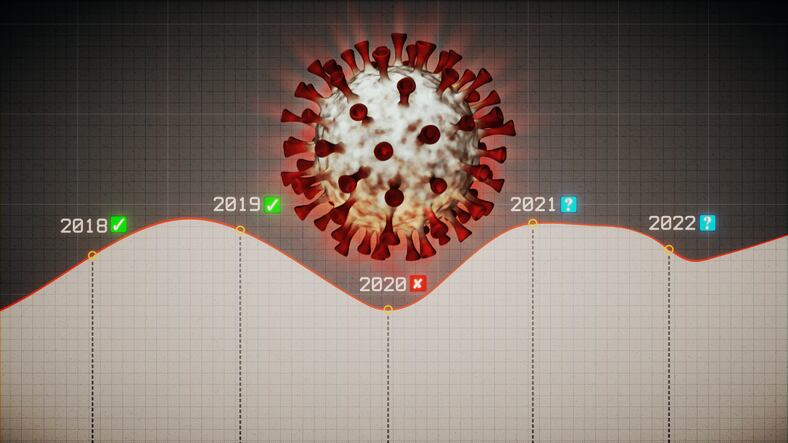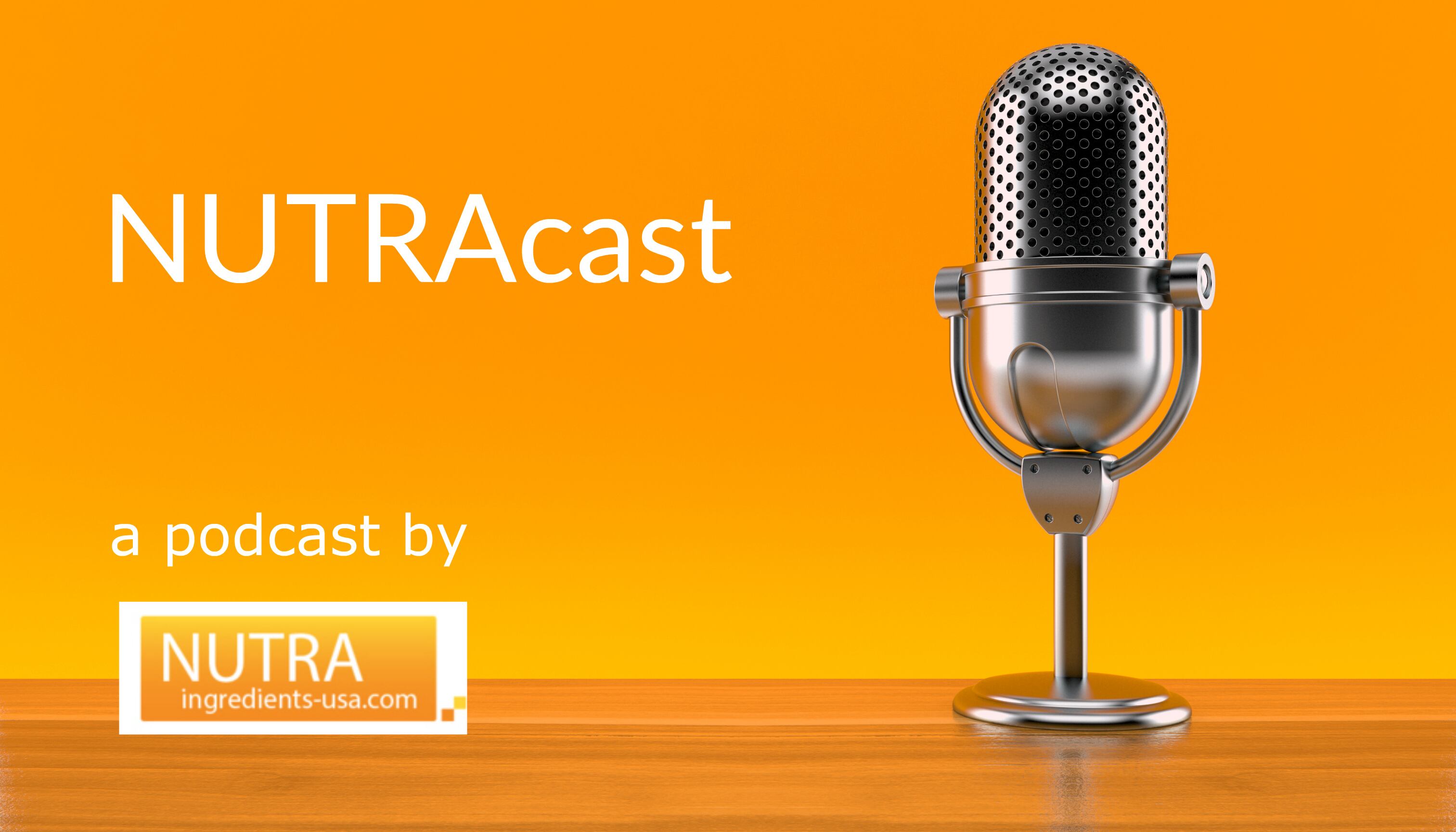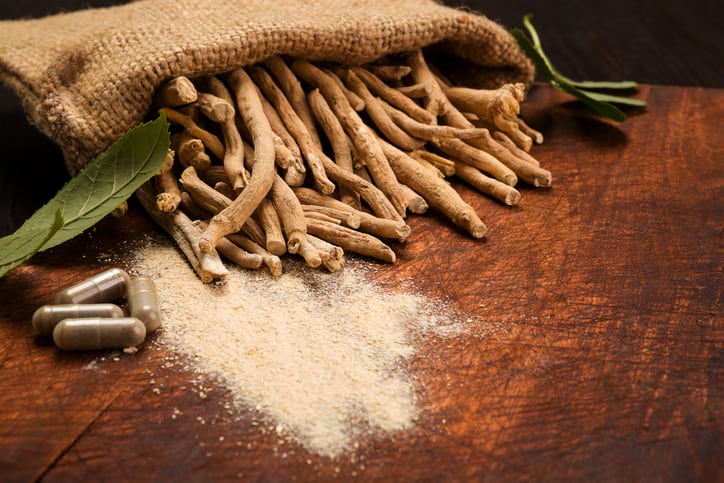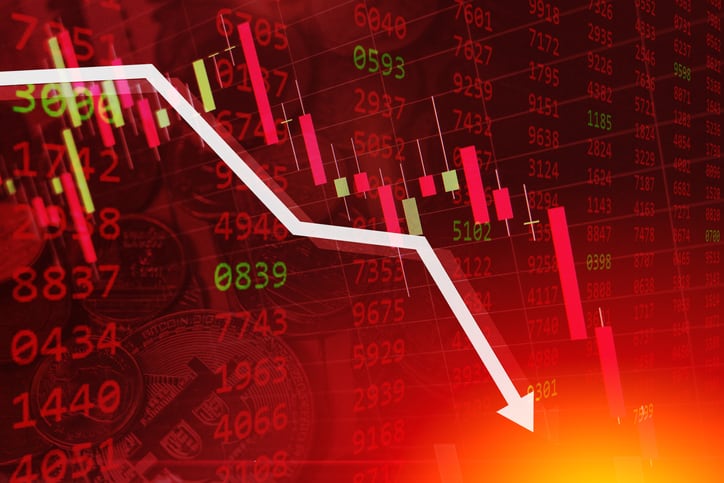Despite new cases of COVID-19 on the rise, lockdowns are lifting, businesses are reopening and some students are returning to school in person. With the pandemic far from over, there is speculation that a second coronavirus wave could be imminent.
Over 132,000 American businesses have permanently or temporarily closed since March, according to Yelp. While temporary business closures are decreasing as some states reopen, permanent closures are rising, accounting for 55% of all shuttered businesses.
NutraIngredients-USA decided to ‘take the temperature of the room’ by reaching out to a number of companies to get their take on preparation plans, should a second round of COVID come into play.
Whether it is increasing capacity, diversifying their portfolio, or adding more suppliers, every business we spoke with from the East coast to Hong Kong confirmed they do have a backup plan in place. A number of the companies said the main challenge is simply getting ahead, given demand for dietary supplements is at an all-time high.
“In terms of their operational supply chain management, sourcing of ingredients, backup suppliers, companies have different approaches. Some have a fairly stable and highly reliable supply chain, with vendors having one, two, three, that they will consistently use for 85% of their buying. Others are much more spot buying, meaning they shop the market looking for deals. The bigger you get, the harder that is to do and it wreaks havoc on quality,” explained Loren Israelsen, president of the United Natural Products Alliance (UNPA).
Backup plans initiated
“We are fully gearing up for a second wave of COVID, which is scary to say because it seems that we haven’t gotten the first wave under control, by bringing in as much inventory as we can,” said Wilson Lau, Vice President, California-based Nuherbs, a TCM specialist that heavily depends on China. “Our customers come to us because we supply herbs sourced from very specific regions of China that have the qualities and potency called for in TCM materia medica. With our long-standing partnerships with the growers and processors, we’re confident that we’re in a good position. Plus, we’re ramping up our inventory levels in the US to help smooth out supply chain issues without having multiple suppliers.”
Shaheen Majeed, President Worldwide, Sabinsa, said the Indian ingredient supplier has sufficiently and efficiently implemented steps in the workplace and in the supply chain to gear up for any disruptions.
“We have multiple suppliers of the starting raw materials, which have been vetted and approved. During the current COVID-19 scenario, demand for our products have risen, since our products are intended to support overall health. From the R&D level, our scientists ensure the availability of raw materials, and key components needed when they develop the product. Further, we have made sure of their sustainability by keeping good relationships with suppliers, and supporting them for continuous farming. The inventory of major products is maintained in such an amount to have a continuous supply even in a second wave of the pandemic,” said Majeed.
India is continuing with reopening plans to help restore the economy, even as its COVID-19 death toll approaches 72,000, the third highest worldwide. The country has over 4.2 million cases and now trails only the United States, which has 6.2 million cases.
In Canada, Micheal Chernyak, president of CK Nutraceuticals, said as an essential business, his operations did not experience any meaningful disruptions in the spring. “There were some minor issues involving our supply chains overseas, however we were able to manage through them — lead times were longer than normal, however, we engaged in frequent and fully transparent communication with our client base, and we were able to overcome challenges with relative ease.”
“Our inventory levels are healthy at present — we want to be prepared if there is a resurgence in COVID-19 cases globally, in the coming months. Our chief concern is potential overseas lockdowns this fall/winter, hence the decision to maintain higher levels of inventory. I also believe our supply chain partners are better prepared for a potential second wave — we’ve had the experience of the first wave to enable better preparation and planning,” said Chernyak.
Just outside of Chicago in Bloomingdale Illinois, Jim Emme, CEO, NOW, said since the start of the pandemic, he and his team have learned a lot. “We have a solid system in place to protect the safety of our team members in the event of a second wave. The safety of our people comes first and foremost in everything we do. We will have supply chain problems in the event of a second shutdown. Demand for our products is at an all-time high, with exponential growth since March of this year. We are heavily investing in more manufacturing capacity to improve our service levels, yet this takes time to get implemented. This is more true than ever while working with vendors and contractors in this COVID-19 environment.”
Ramasamy Venkatesh, Managing Director at Gencor in Hong Kong, said the business depends on being prepared for abnormalities. “We have a very involved production and manufacturing operation. We have to be prepared for any kind of disruption to sustain our business. We have undergone several 'waves' of stay-at-home orders and business closures due to COVID at this point, requiring us to make adjustments. Our preparedness has allowed us to prevent any serious disruptions or slowdowns." Venkatesh added that as part of the vetting process, supply partners are required to provide assurances with regard to product reliability.
Monique van Wijnbergen, Sustainability and Corporate Communications Director at Natural Habitats Group, the creators of Palm Done Right, said their vertically-integrated supply chain in Ecuador has been key in surviving the pandemic. “Our multi-national logistics team is able to anticipate potential supply chain disruptions and collaborate on solutions to keep the supply chain open, working with farmers, operating our own mill, working with a dedicated local processor, as well as, on the market side working with brokers and distributors.”
“The first wave of COVID has led us to make adjustments — additional procedures in the mill, an extra collection center, pre-audits and opportunities to perform remote audits — that will help us be ready may a second wave of COVID hit us.”
Van Wijnbergen, added that they also increased their US warehouse stock levels to account for any disruptions that may arise.
On the East Coast, Herbalist & Alchemist CEO Beth Lambert said she feels prepared in the case of a second wave. “We have increased our projections of immune support, stress and adaptogen products and have adjusted procurement of herbs and processing and bottling materials accordingly. We are prepared to ration amounts going to customers to maintain availability through a crisis, if necessary. We needed to implement that practice for several weeks in the spring, so we have a process in place.”
“We have diversified geographically and have multiple suppliers for raw materials,” said Lambert, who is taking a very measured approach. She said that while they are cautiously stocking close to their higher projection numbers, “one must balance over-producing with being prepared.”
Zev Ziegler, Head of Global Brand & Marketing, Health, Lycored, said they integrated the possibility of a second wave into their planning process early on.
“Our facilities in the US and Israel both have Essential Supplier status as designated by the relevant governments. The supply chain of all our main products is fully back-integrated and we currently hold inventories in both Europe and the USA. We are prepared with inventory levels and we continue to offer next level transparency around them by displaying how we plant, grow and harvest our golden tomatoes.”
Ziegler added, “So far, we’ve experienced very little disruption, but we’re closely monitoring the situation with key raw materials to ensure we can maintain timely and smooth supply.”
Expect the unexpected
Even if a second wave doesn’t materialize, it’s crucial to be well-positioned for any other unforeseen crises. Israelsen said developing a contingency plan is critical.
“If India has a continuing and growing problem and they end up going on lockdown, tat's a pretty big deal, that would really affect the US supply chain. If China had an unexpected problem — it could even be regional, or if there's disruption to the logistics or if for other reasons there was a problem that affected the distribution of the logistics chain, that would be really significant. It could be a typhoon. It could be weather-related, it doesn't just have to be COVID-19. It could be US trade relations with China. The trick now is to try and guess what are the likely scenarios in the global supply chain of where could the next shortage problem come from."
Finances
Everyone we spoke with has their own financial plan in place, from lines of credit to being open to future relief funds and even diversifying portfolios in the case of categorical disruptions.
Sabinsa’s approach went a step further by extending financial plans beyond the company to their employees.
“We are well prepared financially in case there are negative consequences of pandemic-induced economic imbalance. For employees, we have provided proper health insurance so that their economic condition is stable if they or their family contract COVID-19 . Currently, we have a relationship with a hospital group where the majority of our employees (in India) can be taken care of without wait or extreme cost. The company is planning investments very cautiously and we have a plan of action in case we face a negative balance,” explained Majeed.
“In the US and Australia our sales/marketing/warehousing divisions have been provided relief funds to help employees and to support the ongoing continuity of the business,” adding that in India, Sabinsa did not apply for any economic relief.
Lambert said Herbalist & Alchemist previously applied for relief funds and depending on the terms, they would do so again. Additionally, they said they have lines of credit in place for business disruptions and they feel prepared.
Chernyak said that CK Nutraceuticals did not previously apply for relief funds and likely would not in the future, should a second wave come into the picture: “The company is in a very strong position financially. We’ve taken great care to accumulate ample financial savings for any prolonged ‘storms’ that may come our way.”
Emme said NOW also feels financially prepared. “We have no long term debt, a strong cash position, and are family owned which gives us the agility to make the right decisions for the right reasons.”
“We are fortunate in having the financial stability required to weather any economic slowdown that may result from COVID. We have also diversified our product portfolio to help us prepare for any categorical disruptions to our business,” said Gencor’s Venkatesh.
Navigating the unknown
While companies take comfort in having a financial plan in place, they are still wrestling with all the unknowns that lie ahead.
“Who is financially prepared for this? Because COVID is a black swan event, no one knows what the ripple effects will be. Nuherbs is in a strong position, but with this much unpredictability, everyone is right to be concerned.”
Lau added, “We are as prepared as we can be, given the circumstances. The question really becomes what will logistics look like in the second wave? And if there is a new shelter in place mandate, what does that look like?”
"The real question is 'how long is the tail on this?'" said Israelsen. "I don't know if it's going to take awhile to stabilize and get back to the reliable supply chain that we've had previous to COVID-19."
“We have to think of COVID as here to stay. Without a plan to manage this situation on the federal level, it’s going to be hard to predict what will or will not happen. Even though our industry is doing well currently, can we sustain this growth or even positive growth in 12-18 months against a macro backdrop that is bleak? These are completely uncharted waters,” said Lau.
Optimism
Despite the uncharted waters, a theme of optimism was expressed in many of the interviews conducted, highlighting the industry’s enthusiasm and willingness to grow during a challenging year.
“We are highly fortunate to operate within an industry that has shown great resilience amid COVID-19. Having some experience behind us, I am fully confident that we, as an industry, will be able to weather any and all future storms that may challenge us,” noted CK Nutraceutical’s Chernyak.
“The main reason for optimism is the way the nutrition industry has responded to this crisis so far. We all have an important role to play, and we’ve been inspired by the resilience and good will displayed by our staff, customers and partners,” observed Lycored’s Ziegler.
Majeed said those who can adapt to new circumstances will survive. “Sabinsa has weathered various economic and other challenges in our three decades, and always emerged stronger for it. With experience, knowledge, and efficient planning, we are very confident of facing the COVID impact. Adaptation is key, and will test each and every company.”




